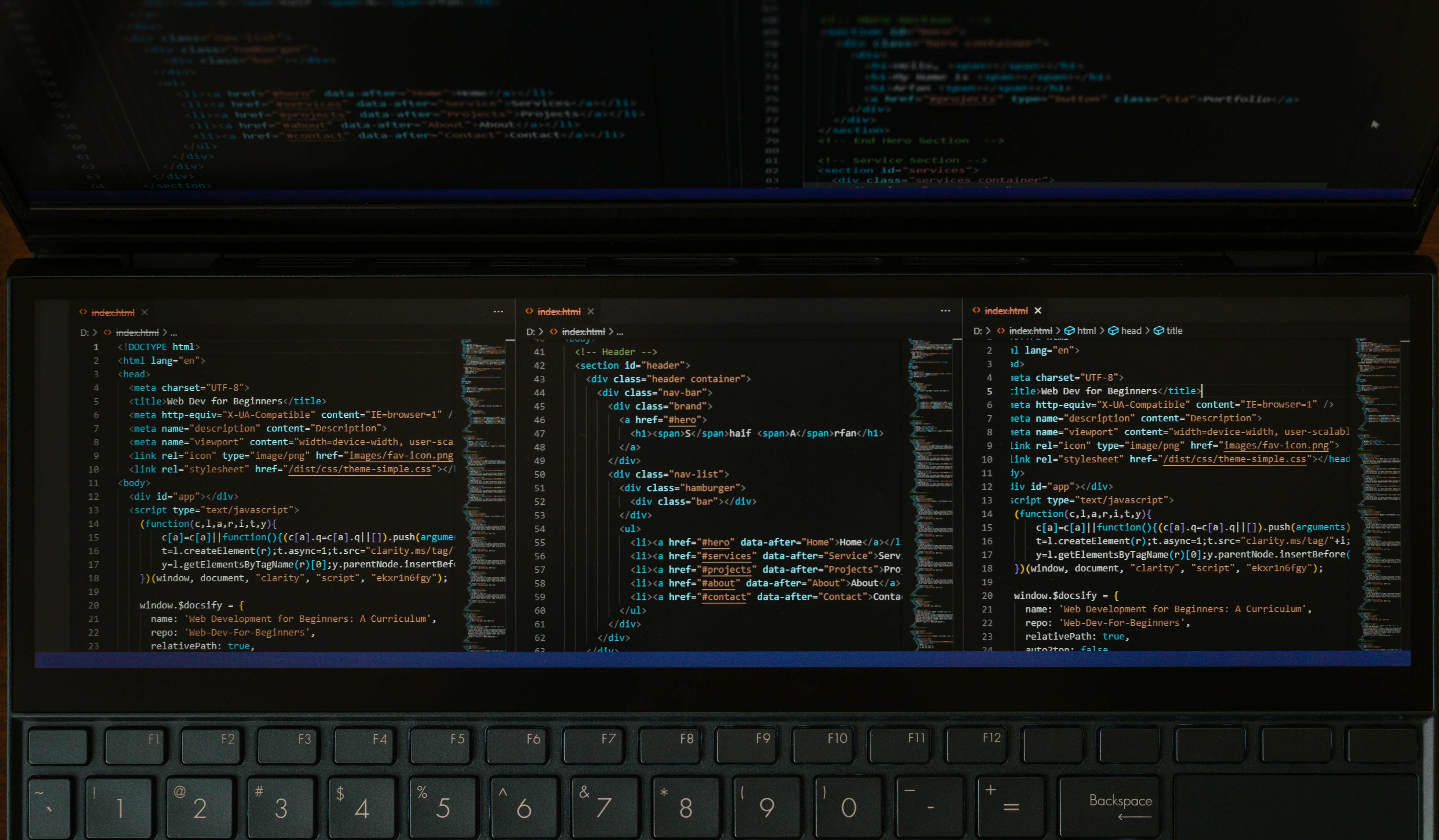
Mastering The Art Of Soft Skills: What Employers Really Seek
03 May, 20225 minutesIn today's job market, your ability to acquire your desired job is no longer only determined...

In today's job market, your ability to acquire your desired job is no longer only determined by your technical abilities. Every job has essential hard skills and experience necessary for the work.
Despite the importance of these abilities, there are specific "soft talents" that employers seek when employing new employees.
While technical skills are commonly discussed during interviews, it is becoming increasingly important to assess a candidate's prospects of integrating into the company's culture and work environment. Soft skills include human characteristics like communication, time management, teamwork, and work ethic. Soft skills are more important than ever.
Here are 10 soft talents that employers are looking for if you're thinking about improving yours:
Creative Problem-Solving Skills
In the dynamic landscape of business, challenges are an inevitable part of operations. The ability to not just identify problems but also devise innovative solutions is a hallmark of individuals who possess creative problem-solving skills. These individuals excel in critically assessing complex situations, thinking outside the box, and adapting strategies to suit evolving circumstances. Managers highly value employees who can present not only issues but also a range of potential remedies, as this approach streamlines decision-making and demonstrates proactive problem-solving.
Effective Communicator
Communication proficiency is a cornerstone of success in the workplace. Employees who are adept at articulating their thoughts both verbally and in writing are highly sought after. Effective communicators possess the capacity to convey ideas clearly, concisely, and persuasively. This skill extends beyond just speaking—it encompasses attentive listening, an essential trait for understanding colleagues, supervisors, and clients. Being an excellent communicator enables individuals to inspire others, simplify intricate concepts, and provide constructive feedback, all of which contribute to cohesive and productive collaborations.
Leadership Skills
Leadership transcends mere positional authority. It involves the ability to influence and guide others toward common objectives. While holding a managerial role is one manifestation of leadership, true leadership is about motivating peers and colleagues to value your insights and follow your lead willingly. Strong leadership entails collaborative prowess, effective articulation of specialized perspectives, and the capacity to sway decision-making in alignment with one's ideas. Persuasive leaders leave an indelible mark by ensuring their contributions propel projects forward within set timelines.
A Positive Attitude
Positivity can be a transformative force within organizations. It has the potential to revitalize departments and even entire companies. The injection of positive energy into the workplace is contagious and significantly contributes to a healthier work environment. Individuals with a positive attitude serve as sources of motivation during stressful periods, reframing challenging tasks as manageable opportunities. Their optimism fosters resilience and fosters a more amiable atmosphere where obstacles are tackled with a can-do attitude.
Adaptability
Embracing change is crucial in the face of ever-evolving workplaces. The rapid advancement of technology continually reshapes how we operate. Adaptability is the skill that empowers professionals to remain flexible and responsive to shifting landscapes. Adaptable individuals navigate change with ease, adjusting strategies and mindsets to align with new realities. Embracing change can be difficult, but mastering this skill enhances your ability to confront evolving demands with optimism and a solutions-oriented mindset, positioning you as a vital asset to any organization.
Time Management
Skillful time management isn't just a personal asset—it's a boon to both you and your employer. It involves the systematic organization of daily and weekly schedules to meet deadlines and accomplish tasks efficiently. Effective time management demonstrates dependability and dedication to fulfilling responsibilities. It assures management that you are committed to giving your best effort consistently, a trait that instills confidence in your capabilities.
A Strong Work Ethic
A strong work ethic signifies an unwavering commitment to achieving excellence through dedicated effort. This trait is pivotal for any organization's success. Individuals possessing a strong work ethic consistently invest energy and enthusiasm into their tasks. This work ethic is challenging to cultivate and maintain, making those who possess it stand out. It reflects professionalism, reliability, and respect for colleagues and the work environment, earning the trust and respect of both peers and superiors.
Emotional Intelligence
Emotional intelligence entails perceiving, assessing, and effectively responding to emotions, whether they are your own or those of others. This skill transcends personal emotional awareness, enabling individuals to empathize and connect with colleagues. Emotional intelligence enhances stress management, aids conflict resolution, and sharpens the ability to interpret nonverbal cues. Through this lens, optimal collaboration and productivity are achieved, setting the stage for harmonious teamwork.
Teamwork
Modern workplaces heavily emphasize collaborative efforts. Even if some tasks are tackled individually, many projects require team-based contributions. Being able to work within a team, trust others, and provide and receive feedback are critical skills. Successful teamwork involves effective communication, active participation, and adaptability to varying team dynamics. The ability to excel in both individual and collaborative contexts is essential for navigating diverse work scenarios.
Performing Under Pressure
The skill to excel under pressure is an asset in high-demand industries where tight timelines, sudden changes, and unexpected challenges are par for the course. Working effectively under pressure requires maintaining composure and focus while dealing with constraints beyond one's control. This skill not only ensures timely deliverables but also showcases the resilience and the capacity to deliver quality outcomes even in demanding scenarios. Professionals adept at working under pressure are valued for their ability to remain productive and composed in the face of adversity.
To Conclude
By honing and embodying these diverse soft skills, individuals elevate their contributions to their workplace and position themselves for sustained success in their careers.
At each step of the job search, it's critical to cover both your hard (technical) and soft (transferable) skills. Consider how you'll express these abilities in your CV, and practice describing them in person before your interview. To give your future employer a greater understanding of your traits and abilities, include real-life examples of how you've used your soft skills.
Keep in mind that you offer a lot more to the table than just technical abilities. Soft skills are valued by employers since they show your personality and attitude. It's a big part of who you are!





